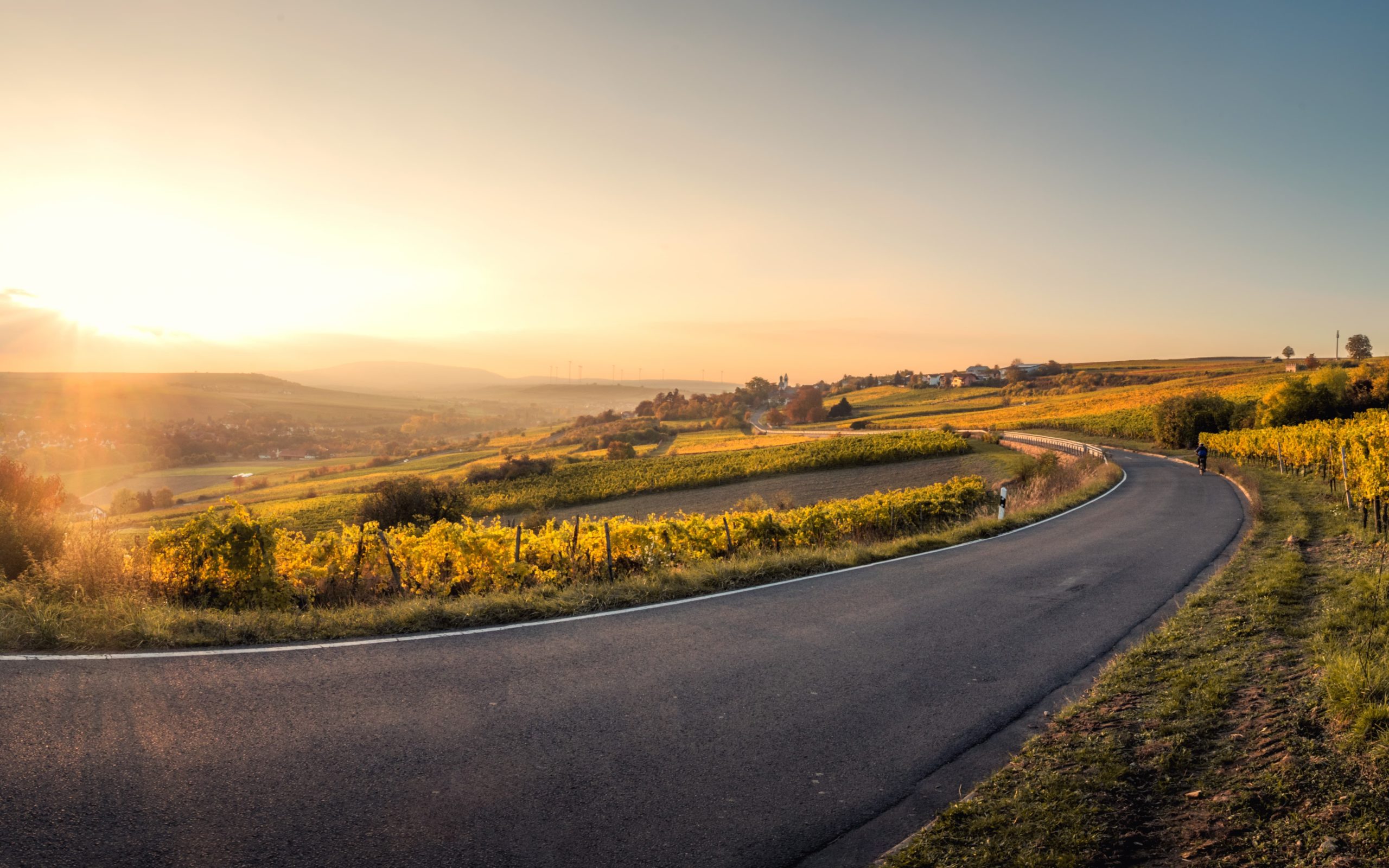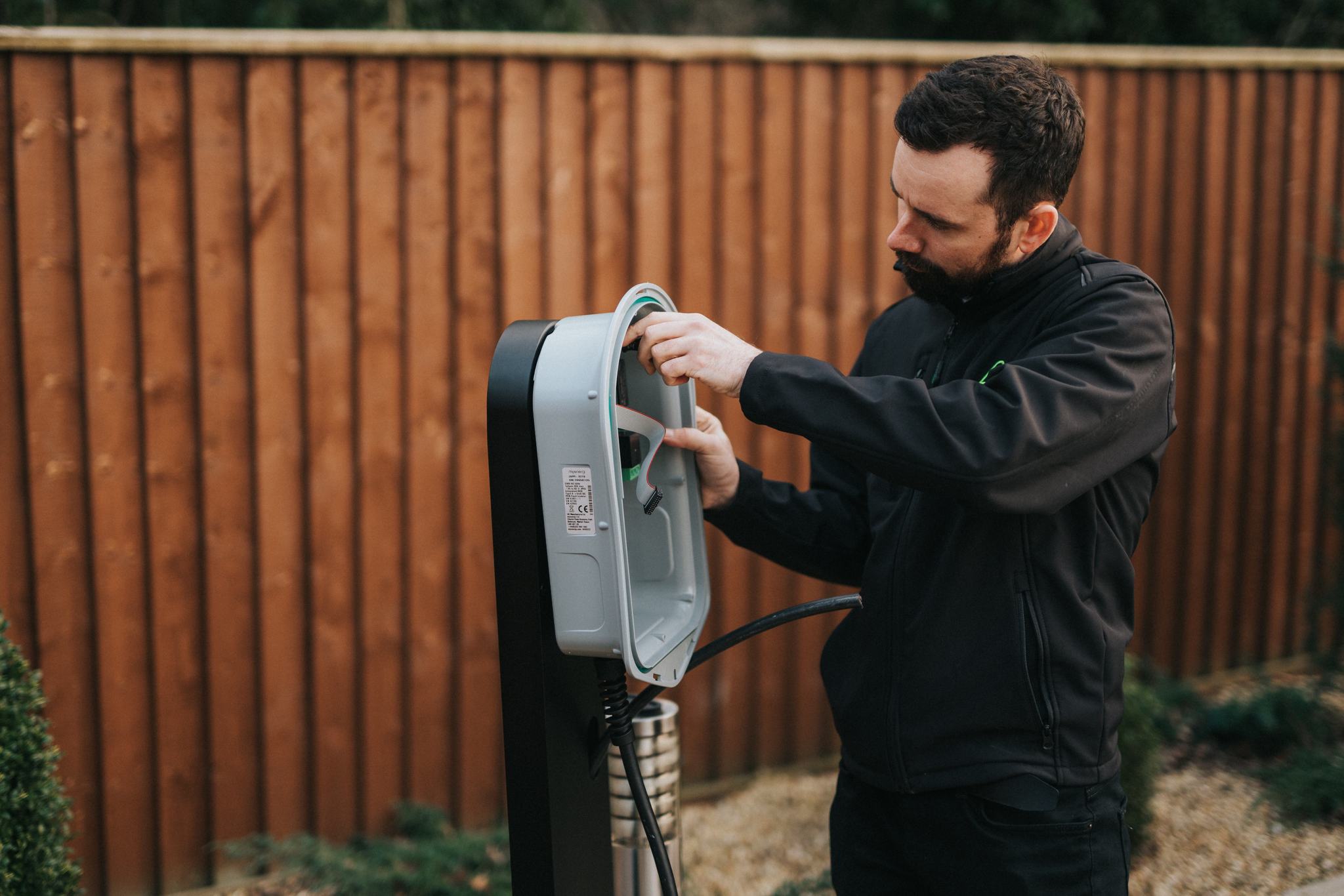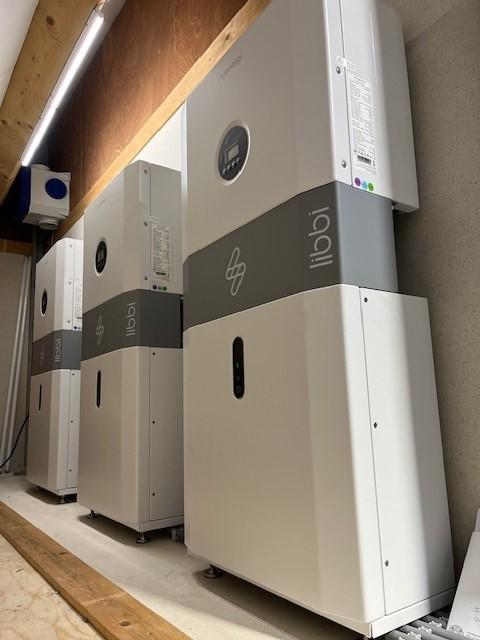The harmful effects of plastic have been known about and a problem for years. But now MacRebur has found a solution: plastic roads. Their mission? To tackle two problems at once: reducing plastic waste and improving road quality.
What are plastic roads?
Currently, our roads are made of bitumenwhich uses oil, bricks, clinker and sand to create the surface. MacRebur wants to replace the oil with plastic waste. Instead of dumping our waste in a heap, it is better to use it to make roads.
Why are plastic roads necessary?
For years we have been aware of plastic pollution, but the real breakthrough of how harmful it is only came in 2018. Through shocking images from, among others waves of plastic that washed ashore near the Dominican Republic and the popular documentary by David Attenborough, Blue Planet, which showed an albatross feeding on plastic to her boy.
How much plastic is used in a road?
Making one kilometer of road with MacRebur's solution requires about 684,000 plastic bottles, or 1.8 million plastic bags. That's almost long not as many as we throw away annually, but it's a start. It is estimated that we throw away 22 trillion plastic bottles and 500 trillion plastic bags each year.
Want to know what you can do yourself to reduce your plastic use? Then read these blogs:
How environmentally friendly are plastic roads?
Although it is obviously great that plastic waste can be reduced, processing plastic into roads also has a downside. During production, the plastic must bebroken down and burned. In the process, harmful molecules are released into the atmosphere.
On the other hand, it is still a new project and is still being further developed to solve problems.
And what else?
Plastic roads can not only tackle plastic waste, but also contribute to the local economy. Local waste can be locally processed into a plastic road. MacRebur also states that they can recycle their plastic roads when they are no longer usable.

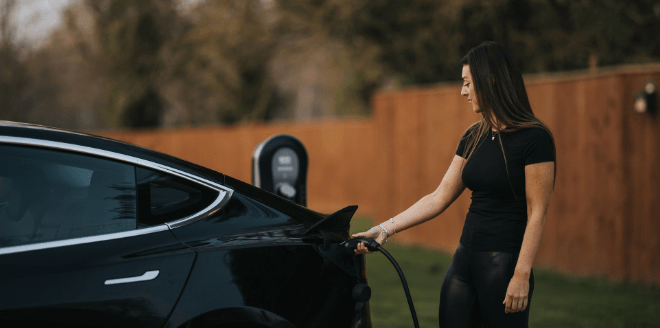 EV charging
EV charging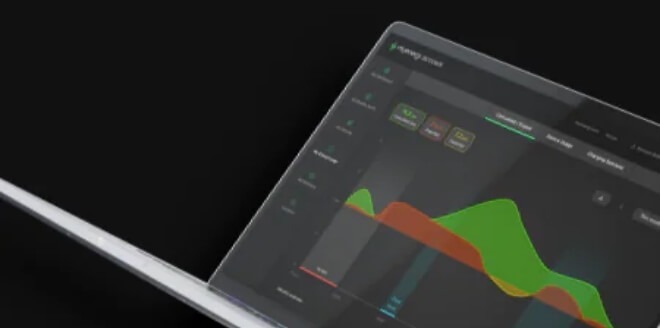 Manage your energy
Manage your energy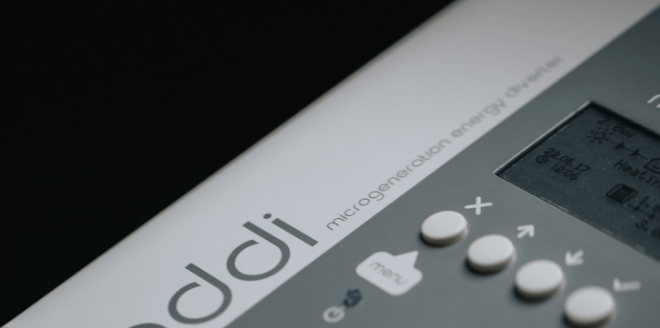 Maximize your energy
Maximize your energy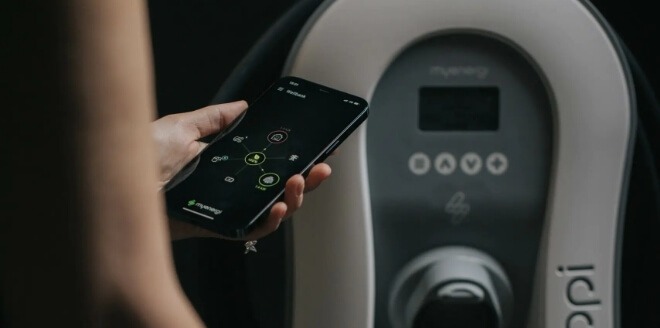 Monitor your energy
Monitor your energy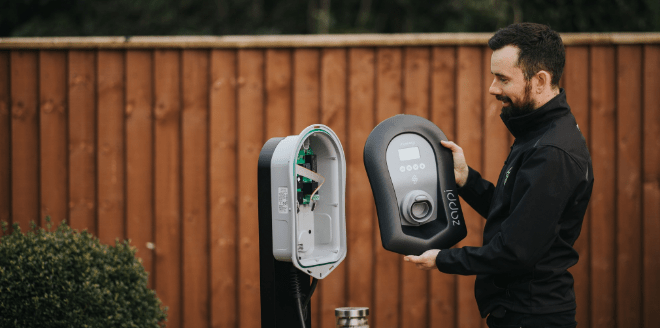 Find an installer
Find an installer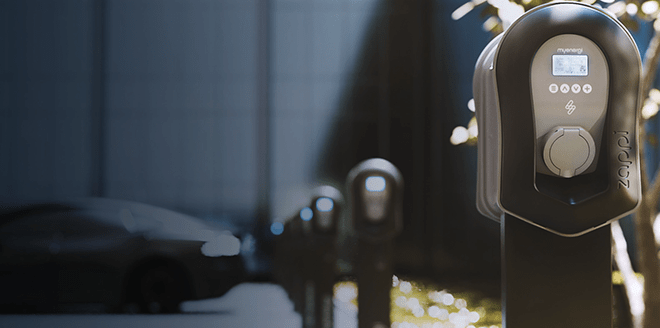 Business charging station
Business charging station Pair zappi with a management platform
Pair zappi with a management platform